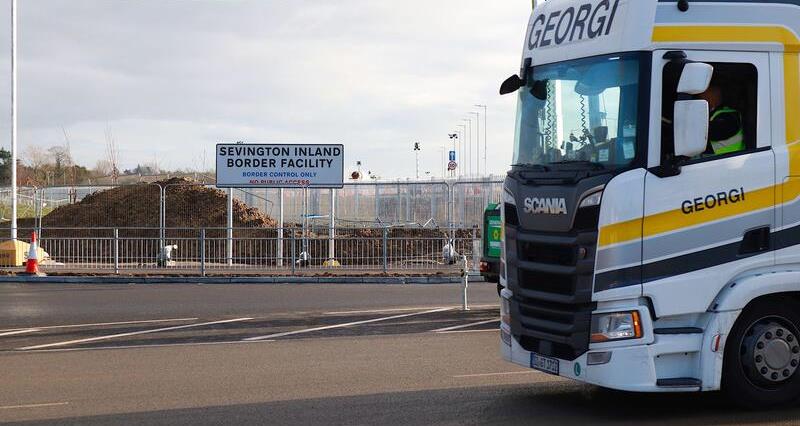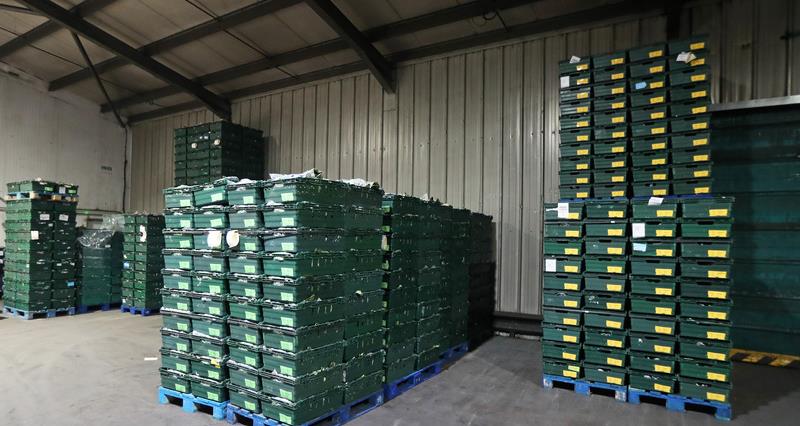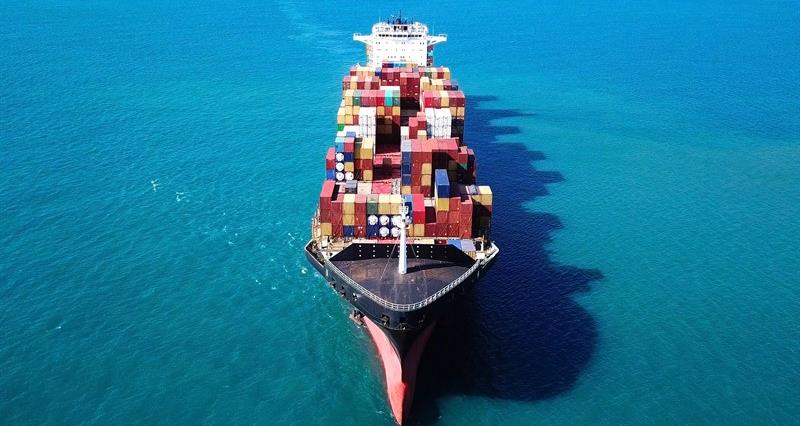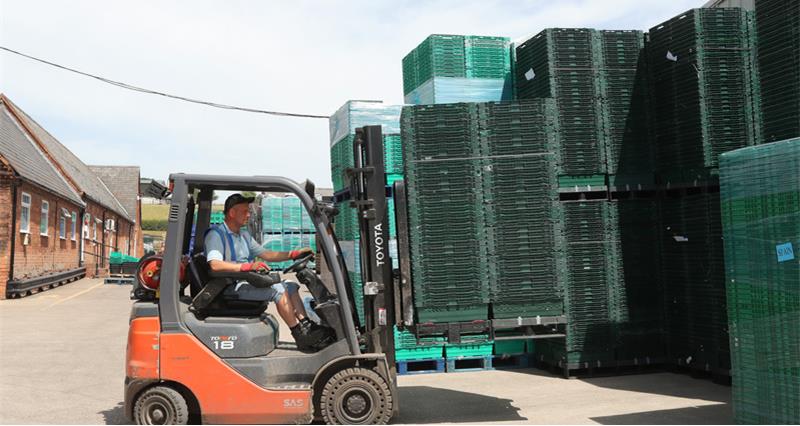From today onwards, the government will begin to apply controls on animal products and both plants and plant products imported to Great Britain from the EU, depending on their risk level.
The full regime will be introduced during the course of 2024, with SPS (sanitary and phytosanitary) checks on medium-risk food, animal and plant products from the EU coming into force from 30 April.
The new approach to import controls set out in the BTOM is underpinned by:
- Maintaining and improving biosecurity, making controls more proportionate to risk for both EU rest of the world goods.
- Reducing burden and checks at the border with better segmentation of risk.
- Using trusted trader/assurance schemes to obtain certain assurances away from the border.
New controls must work for all
NFU President Minette Batters said: “British farmers and growers need controls on all imports, including those from the EU, to be effective, bio-secure and efficient. That looks different for the individual sectors in agriculture dependent on business need, therefore it is essential that the new controls are implemented in a way that recognises those different needs and nuances.
“Livestock businesses must feel confident that border checks and controls safeguard the nation’s biosecurity and food safety, and that sufficient resource is dedicated to stamping out fraud and illegal activity where that exists. Domestic producers work under stringent UK regulations to guarantee the safety of our food so it is a relief that these checks will finally be in place from April after years of delays.
“It is essential that the new controls are implemented in a way that recognises those different needs and nuances.”
NFU President Minette Batters
“For horticulture businesses, there are a number of concerns, most acutely that the shift of controls away from their businesses to border control points adds an additional risk to a highly bio-secure, ‘just-in-time’ supply chain and could result in long delays, meaning plants are damaged or destroyed.
“In the remaining time before these controls come into effect, we are calling on the government to address the concerns raised by growers and the authorities on the front line of our nation’s borders, including Dover Port Health Authority, to ensure that our livestock producers have full confidence in the new regime.”
A breakdown in biosecurity is one of the most serious risks we face as a nation.
The government has recently flagged diseases such as ASF (African Swine Fever) and Foot and Mouth Disease as among the most serious risks the UK faces. The 2001 outbreak of Foot and Mouth disease cost £13bn in 2021 prices, of which £4.5bn were costs to government and £8.5bn were costs to the private sector.
What does this mean for my business?
From 31 January 2024 products classed as ‘medium risk’ will see:
- The introduction of simplified health certification on imports of medium risk and high-risk food (and feed) of non-animal origin from the EU.
- All imports of medium-risk plants and plant products from the EU will need to have a phytosanitary certificate upon entry.
- All imports of medium risk-plants and plant products from Ireland will require a phytosanitary certificate and pre-notification on IPAFFS.
- All imports of medium risk animal products from Ireland (IE) will require a health certificate and pre-notification on IPAFFS.
- All imports of medium and high-risk animal products require prenotification on IPAFFS and must have a health certificate issued by the competent authority in the country where the goods originate. .
For low risk products:
- All imports of low-risk animal products require prenotification on IPAFFS but will not need a health certificate and will not be subject to routine documentary, identity and physical checks.
- There will be a removal of systematic controls at the border and prenotification requirements for low risk plant and plant products from the EU. More information on the changes and risk categories in relation to plants and plant productions can be found at:
From 30 April, documentary and risk-based identity and physical checks on medium-risk animal products, plants, plant products and high-risk food and feed of non-animal origin from the EU will be introduced.
Existing inspections of high-risk plants/plant products from the EU will move from Place of Destination to Border Control Posts. Routine checks on low-risk plants and plant products from non-EU countries will be removed.



